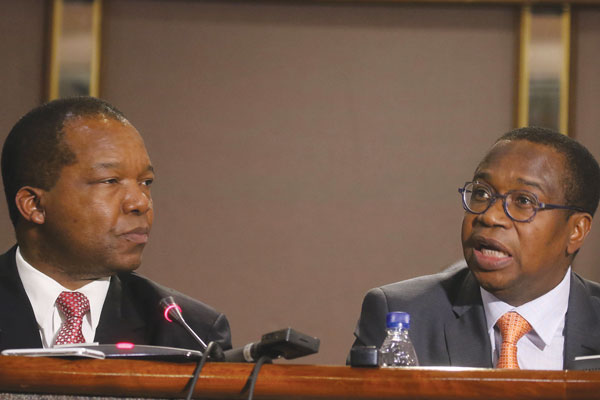
Zimbabwe’s central bank plans to stop providing the foreign currency needed for fuel imports, handing the responsibility to private companies, officials familiar with the situation said.
— Bloomberg
The plan, which will end an effective subsidy, will take place as early as tomorrow when a currency peg is removed and an auction system for foreign exchange is set to begin, the official said, asking not to be identified because a public announcement hasn’t been made.
The plan may be implemented a week or two later when it’s clear how the new system is working, one of the officials said.
The move is an attempt to save the government $100 million of foreign exchange. The country has been beset by persistent fuel shortages as the central bank doesn’t have the money to pay for adequate imports.
The central bank currently provides letters of credit each month to fuel-importing companies. The letters of credit had been issued at a fixed exchange rate of $25 per US$1, compared with a black market rate that’s almost four times that.
John Mangudya, the central bank governor, didn’t answer calls seeking comment.
“The finance ministry is looking at the exchange rate and they are best placed to comment on the fuel subsidy issue,” Energy and Power Development Minister Fortune Chasi said by phone.
- Chamisa under fire over US$120K donation
- Mavhunga puts DeMbare into Chibuku quarterfinals
- Pension funds bet on Cabora Bassa oilfields
- Councils defy govt fire tender directive
Keep Reading
Finance permanent secretary George Guvamatanga didn’t immediately reply to a request for comment.
The southern African nation requires 1,4 million litres of gasoline and 2,5 million litres of diesel daily, according to the Zimbabwe Energy Regulatory Authority.
Earlier this month, the central bank also cancelled a gold-subsidy programme, flagged by the International Monetary Fund as contributing to excessive money supply which had weakened the Zimbabwean dollar.











